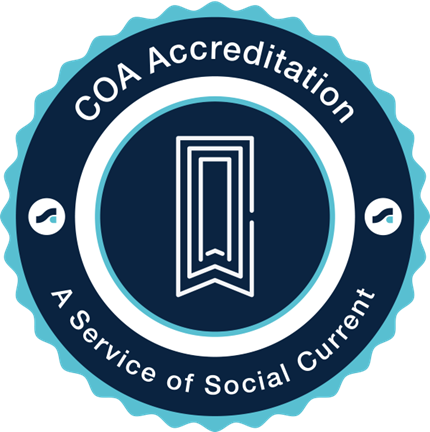When considering shared parenting with the birth parents in foster care cases, it’s important to remember that many are in recovery. The Arizona Department of Child Safety (AZ DCS) (2021) estimates that more than 70% of children coming into foster care in our state are coming in due to parental drug and alcohol use. This creates a situation where foster families are not only caring for the children, but also their parents who are suffering from addiction. While some of these birth parents do not take opportunities for rehabilitation (or have not been presented with them), others find the removal of their children to be the motivation they need to seek treatment and healing for their own trauma which has led to self-medication with drugs and alcohol. They desperately need the love and support a foster family has to offer as they work to reunify with their children.
Engaging in shared parenting with a birth parent in recovery requires grace, patience, and understanding from both the birth parent and the foster family. Foster families may struggle with aspects of visit times, parental availability, and the parent’s ability to “work the program”. Learning more about recovery may help ease tension and provide space for that needed grace.
When a birth parent enters a recovery program, they are first and foremost surrendering their addiction, which has been an aid and a friend used to cope with the pain of past trauma. This surrender begins in a period of withdrawal which can sometimes include hospitalization for their safety as they detox. Withdrawal encompasses biological and physical processes in the body as well as emotional, spiritual, and mental processes. This time can be painful and fear inducing for some birth parents. Add to this that they are dealing with separation from their children while separating from the security they found in their addiction.
During the detoxification and withdrawal period, parents are often in a restricted environment. Individuals in the first 30 days of recovery often have limited contact with family and limited freedom as their bodies stabilize. This is a crucial time during the recovery process as the body and brain begin to reset. The first 30 days is when clients often make a critical choice: stay in recovery and rehabilitate or leave and continue the cycle of use and relapse.
Foster families should understand the intense schedule and regulation required of a birth parent in recovery. From inpatient to intensive outpatient programs (or some combination of both) parents are often involved in counseling, AA or NA meetings, household duties, exercise, and case management services. They are also required to engage in DCS services related to their case plan. This may include looking for housing, employment, and transportation. Visitation with their children must be fit in at the discretion of the courts, case manager, probation officer (if applicable), and treatment center. Birth parents may have little to no say in when these visits can take place or how long they can attend.
How does shared parenting fit into the requirements of a birth parent in recovery? Three of the most powerful ways to engage with these parents are to pray for them and their children, support reunification, and engage in the 12 steps with them.
First, pray for these parents as they walk through their recovery journey. Acknowledge the grief they are experiencing in both the loss of their addiction and the loss of their children. Extend grace to them through the logistics of the dependency case in which they are tasked with many to-do items and little control over how or when these items get accomplished.
Supporting reunification lets birth parents know you are on their team and want them to succeed. You love them and you love their children. Celebrating sobriety milestones with them or cheering them on as they accomplish goals in therapy can be powerful. Speaking of them to their children in honoring ways allows their children to continue to build secure attachments with them from afar. Letting their children know how much mom and dad care about them and love them provides dignity for the birth parent as they work to better themselves. Advocating for the safety of the child/children first and foremost, but also for reunification when the time is right sends a message of confidence during court, CFT’s, and other meetings.
Finally, engaging in the 12 steps of recovery with the birth parent after a relationship has been established is a wonderful way to not only support them, but can also lead to opportunities to share the Gospel. The 12 steps of recovery were founded on Christian principles. During treatment and after, clients in recovery often rely on the 12 steps to remain sober. Engaging in these steps with a birth parent in recovery demonstrates a caring heart and may later lead to opportunities to share about the love and healing of Jesus.
Shared parenting can be daunting at times, especially when a birth parent is suffering from an addiction. But with grace, understanding, and a little bit of education, foster families are poised to love those who are struggling through unhealed trauma and addiction by way of caring for their children and supporting the reunification of the family.



